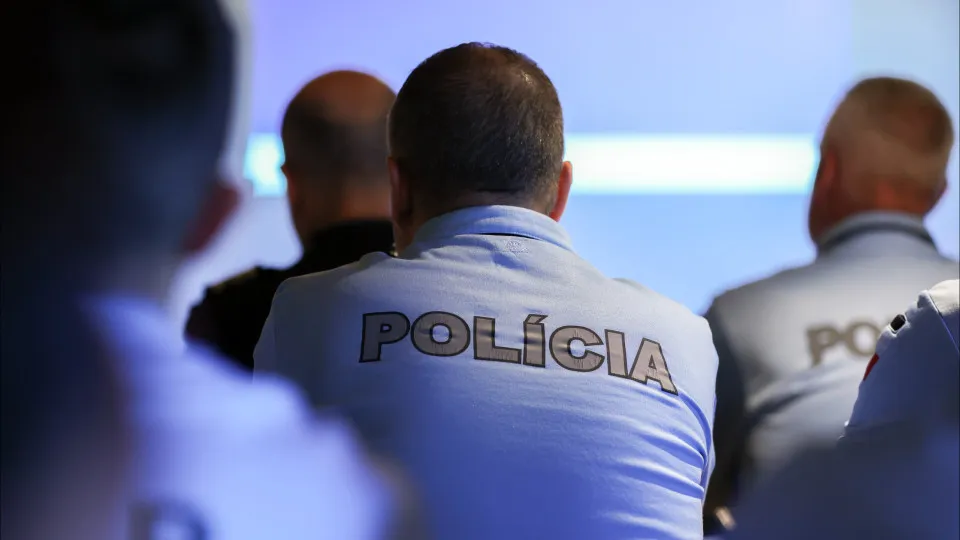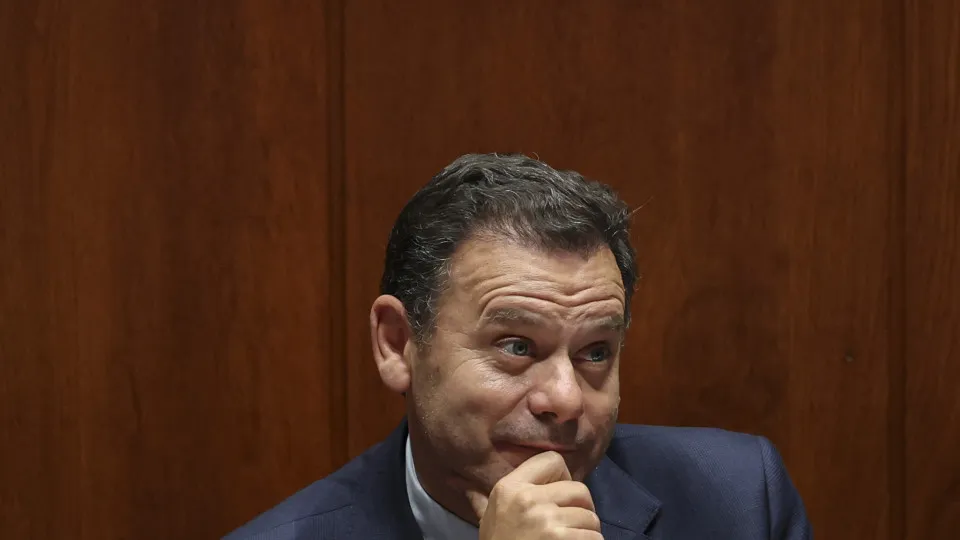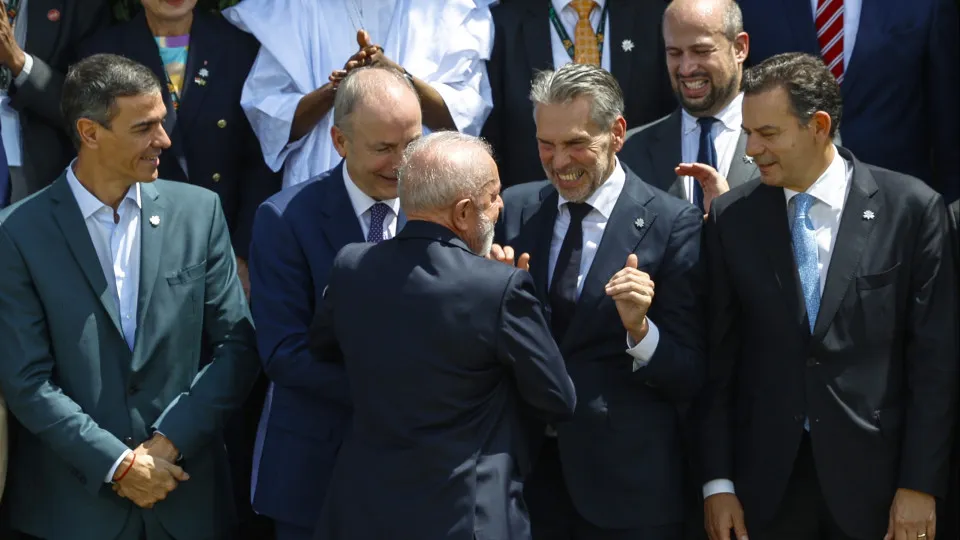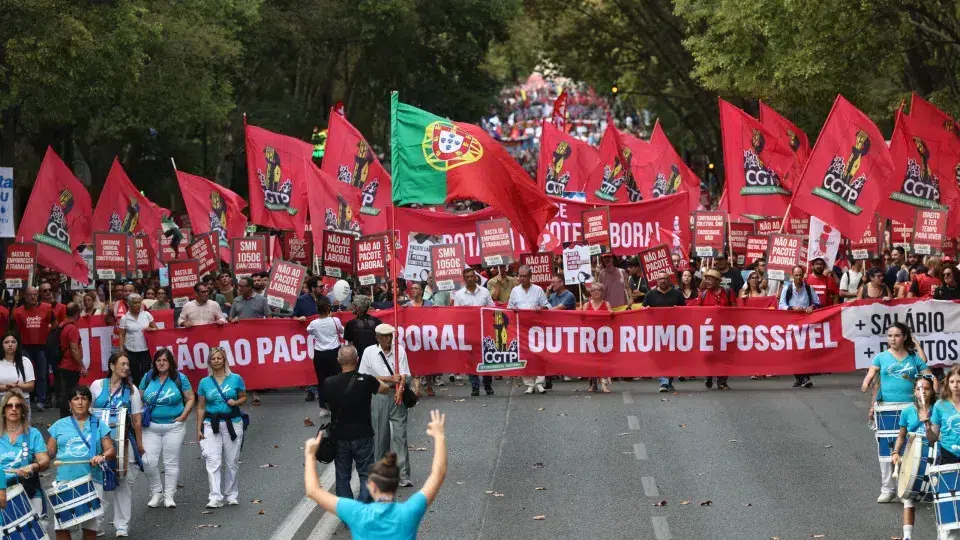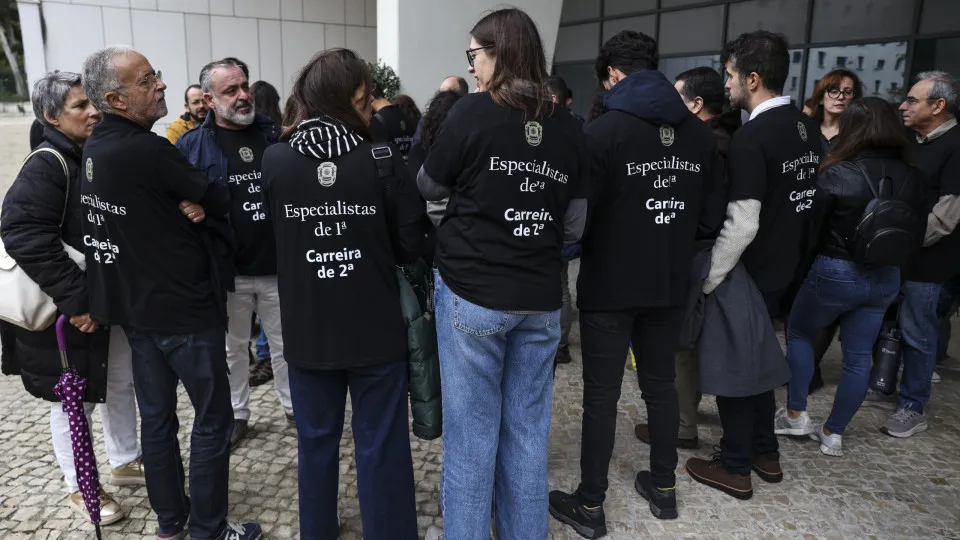
Dozens of forensic experts from various parts of the country gathered in protest in front of the national headquarters of the PJ, united by a message displayed on their black t-shirts, “First-Rate Specialists; Second-Rate Careers.”
The issue, as explained by José Gonçalves, president of the PJ Forensic Experts Union (ASPF-PJ), involves career differentiation within the PJ itself. Gonçalves stated that the “complementarity of services” between criminal investigation and forensic science is “under attack” by the national direction of this police force.
The forensic experts are demanding their own career line to distinguish them from non-specialist professionals included in the Scientific Police Specialist career, which includes, for example, administrative staff.
They also criticized the differentiated evaluation system between PJ careers — Security, Criminal Investigation, Scientific Police Specialist — and changes in the mission allowance in 2023, which led to significant salary increases within the PJ, sparking protests and equivalence demands from other security forces. However, these changes did not benefit all PJ professionals equally.
Gonçalves highlighted, for instance, laboratory colleagues dealing with unstable explosives, who face greater risks than many criminal investigation inspectors.
“These artificial differences were created by the National Directorate. We do not understand where they found these content differences. For 32 years, we received the same risk allowance,” Gonçalves criticized.
The union also argues that it is unacceptable for PJ technical units to be led by personnel from the criminal investigation career.
“Police units have technical and scientific autonomy. They cannot be subjected to pressure from those investigating. Although these leaders are not currently investigating, they always belong to the investigation area,” he warned.
Traditionally led by forensic experts, these units are now abruptly being directed by criminal investigation staff, noted the union leader, lamenting what he described as constant “devaluation.”
“We see a subordination of our career to the criminal investigation career,” he criticized.
Gonçalves mentioned that meeting requests to the PJ’s national direction are unanswered, as are those to the Ministry of Justice and Minister Rita Alarcão Júdice. Meetings with parliamentary groups have also been requested.
“We are here today because after five years, we have received no response to our demands. None. Quite the opposite. We see a desire by this national direction (…) to further harm us,” said Gonçalves, explaining that today’s strike is “a last resort.”
The national one-day strike reportedly had an average participation rate of about 80%, with data collected until 1:00 PM when the protest began, showing full participation in some areas and 50% in others, with only minimum services being maintained.
“Today the work does not get done. We’ll be back on Monday to do our job. But today also marks the start of a strike against overtime. With this overtime strike, some work, particularly exterior work like searches conducted earlier, an hour earlier, will be seriously compromised,” the union president stated.
The protesting experts are due to gather later today in front of the Ministry of Justice, at Terreiro do Paço, with the rally set to begin at 3:00 PM.

